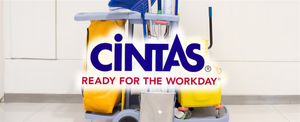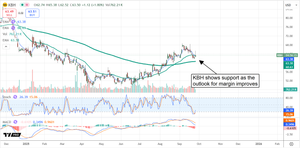Mental health challenges and alcohol use disorders continue to affect many Californians, and a new report from Pacific Sands Recovery Center, a Santa Ana-based drug and alcohol rehab, highlights the risks of mixing the antidepressant Lexapro with alcohol.
“When your mental health is suffering, it’s difficult to relax. Medications like Lexapro can help, but they’re not always enough. Drinking alcohol can serve as a temporary balm, but in the long term, it leads to more complications,” the report says. Pacific Sands notes that while small amounts of alcohol may not cause immediate harm, “combining the two can worsen side effects such as drowsiness, dizziness, and poor coordination. Over time, alcohol reduces the effectiveness of Lexapro and increases the likelihood of liver problems.”
The report also points to the prevalence of co-occurring mental health and substance use disorders in California. In 2022, 16% of Orange County residents reported experiencing poor mental health for at least two weeks each month. That same year, 35% of adults living with a serious mental illness also had a co-occurring substance use disorder. “At Pacific Sands Recovery Center, we understand that mental health and substance use are deeply linked,” the report states.
Lexapro, or escitalopram, is a type of antidepressant known as a selective serotonin reuptake inhibitor (SSRI). SSRIs work by increasing serotonin in the brain, which can help improve mood, sleep, and appetite. “By preventing serotonin from being reabsorbed, Lexapro allows the chemical to attach to receptors for a longer period, thereby increasing activity and signaling in the brain,” the report explains.
The medication is usually prescribed alongside talk therapy and can be an effective long-term tool for managing emotions, though alcohol can reduce its benefits.
The report also explains how alcohol can both mask and worsen mental health symptoms. Many people use alcohol to self-soothe, temporarily calming the nervous system. But “alcohol consumption has a severe impact on mood. Drinking heavily on a regular basis often leads to intensifying symptoms of depression.” Alcohol withdrawal can make things worse, sometimes triggering severe anxiety, irritability, confusion, and even hallucinations.
Pacific Sands warns that even occasional binge drinking while taking Lexapro can carry serious risks. “Poorer judgment, severe drowsiness, impaired coordination, and reduced alertness are all potential risks,” the report says. Over time, heavy drinking can make mental health symptoms worse, lower Lexapro’s effectiveness, and put extra strain on the liver, increasing the risk of damage or failure.
For people dealing with both alcohol use disorder and mental health challenges, Pacific Sands Recovery Center provides a focused approach. “Effective alcohol use disorder treatment will empower you to reframe your relationship with alcohol and take control,” the report notes. Dual diagnosis treatment combines therapy, skill-building, and careful medication management to address the connection between mental health and substance use.
Pacific Sands Recovery Center is a small addiction treatment facility with a maximum of six clients, offering private rooms and providing personalized care. The team works closely with each person to create treatment plans that fit their needs and history, supporting them as they work toward long-term recovery from addiction.
For more information about alcohol use,the dangers of polysubstance use, or treatment options in California, Pacific Sands Recovery Center can be reached at 949-426-7962.
Pacific Sands – The first step toward a new life.
###
For more information about Pacific Sands Recovery Center, contact the company here:
Pacific Sands Recovery Center
Ashley Levin
949-426-7962
ashley@pacificsandsrecovery.com
1909 W Carlton Pl
Santa Ana, CA 92704





